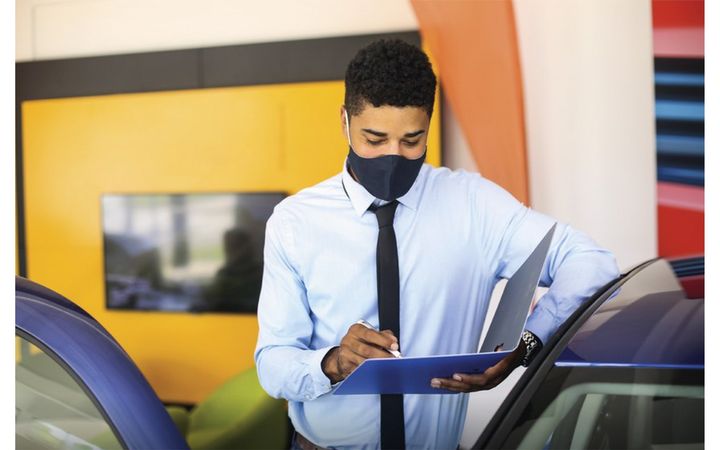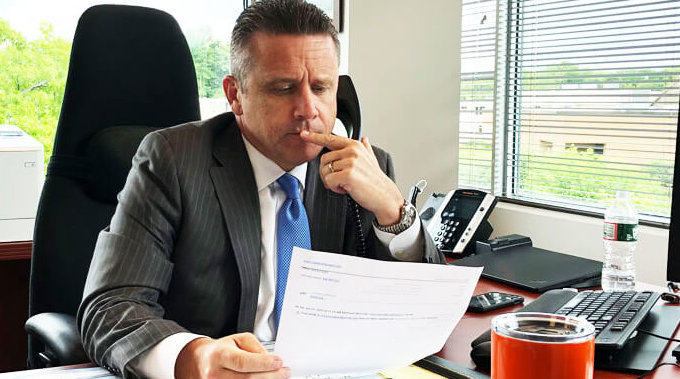
He’s president of Vanguard Dealer Services in Fairfield, N.J., an independent agency that sells F&I products, including vehicle service contracts, tire-and-wheel protection, GAP, prepaid maintenance, paintless dent repair and more.
Introducing new F&I products is a trial-and-error process, says Polley, 49. For example, he says, some tire-and-wheel protection plans are probably priced too low, considering the amounts they are paying out. That’s likely to make prices rise, he says.
Special Correspondent Jim Henry spoke with Polley at his office last week about the bundling trend and about F&I’s ‘critical’ importance to dealers.
Why are insurance products getting more important for dealership profitability?
It’s a huge industry. Dealers are more dependent on the “I” because on the “F” side, that’s slowly going away or making a very limited profit — and lot of that profit on financing is only because of factory incentives.
How has the market changed?
In the late ’70s, dealers made two grand per car. They sold service contracts and credit insurance. Dealers had little facilities. Now we have all these other things (F&I products), you’ve got these giant facilities, costs are astronomically higher — and dealers are still making $2,000 per car. This is why F&I is so critical.
What’s hot?
Everybody is always looking for the new widget. Some don’t last very long, if losses turn out to be unexpectedly high. It was the same three or four products for 20 years — service contracts, credit life, GAP (Guaranteed Asset Protection) — but that’s changed.
I’ve heard lately that tire-and-wheel coverage is growing.
Tire-and-wheel often has not been reserved and priced properly. It’s a real easy mark for a dealership. A luxury car with run-flat tires — if you have a problem, it can easily be $1,000 to $2,000. A big-enough dealer can be on the program for a couple of years, and the dealer (and the dealer’s customers) might have paid in $2 million and got $4 million back in repairs.
So prices need to go up?
Tire-and-wheel will eventually seek its own level, but at that time it will be priced so high it will no longer be a viable product.
What else is new?
What’s new in products is when you have multiple products in one. In one contract, you could have tires, wheels, windshield, paint, interior, dent coverage. Also, people are trying to get away from having to install anything on the car, like coatings, anything like that.
I see you’ve been the biggest-selling agency for several years in a row of Automobile Protection Corp.’s EasyCare brand products.
I’m an agent. Companies like APCO are where we get a lot of the products that we take to market.
Do you cover the whole country, or are you mostly here in the Northeast?
We are concentrated primarily in about a dozen states, especially New England, Pennsylvania, New York, New Jersey, Delaware, and then we jump down to Florida and the West Coast. We are about to expand into the Chicago, St. Louis, Wisconsin markets.
You can reach Jim Henry at autonews@crain.com.





